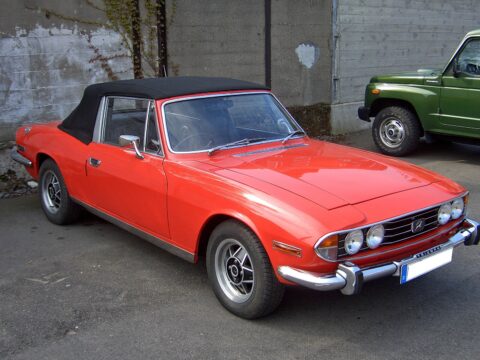Keeping your car in top shape doesn’t have to be complicated. With regular maintenance, you can prevent costly repairs and ensure a smooth, reliable ride. From oil changes to tire rotations, simple upkeep can go a long way in extending your vehicle’s lifespan. Here are 20 essential tips to help keep your car running smoothly year-round.
Contents
Regular Oil Changes
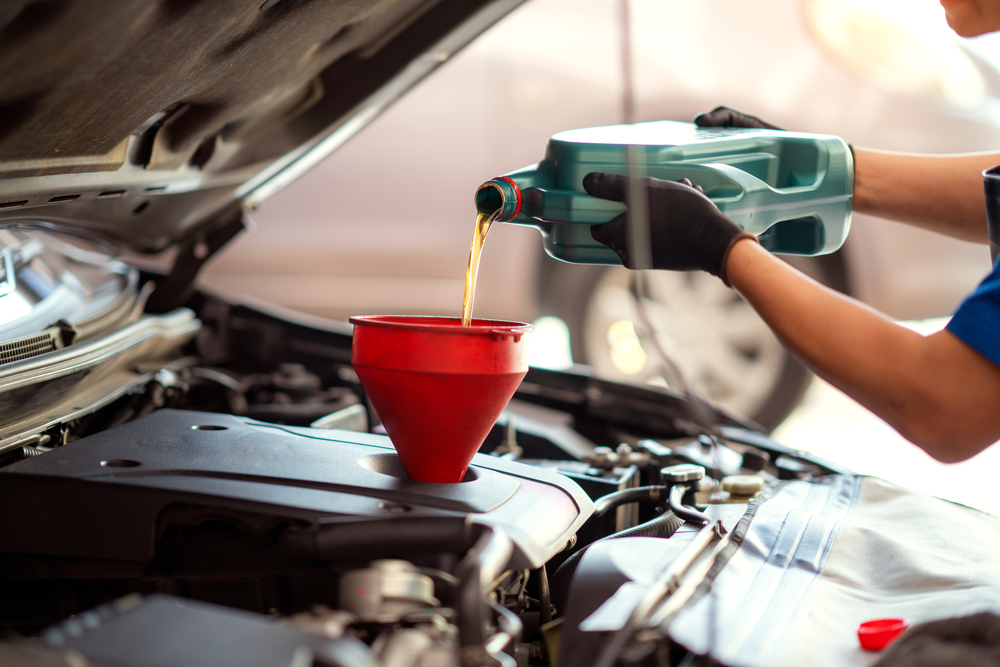
Changing your car’s oil at regular intervals is crucial for maintaining engine performance. Oil lubricates the engine’s moving parts, reducing friction and preventing overheating. As oil ages, it becomes less effective, increasing wear and tear on your engine. Most cars require an oil change every 3,000 to 7,500 miles, depending on the type of oil used.
Check Tire Pressure
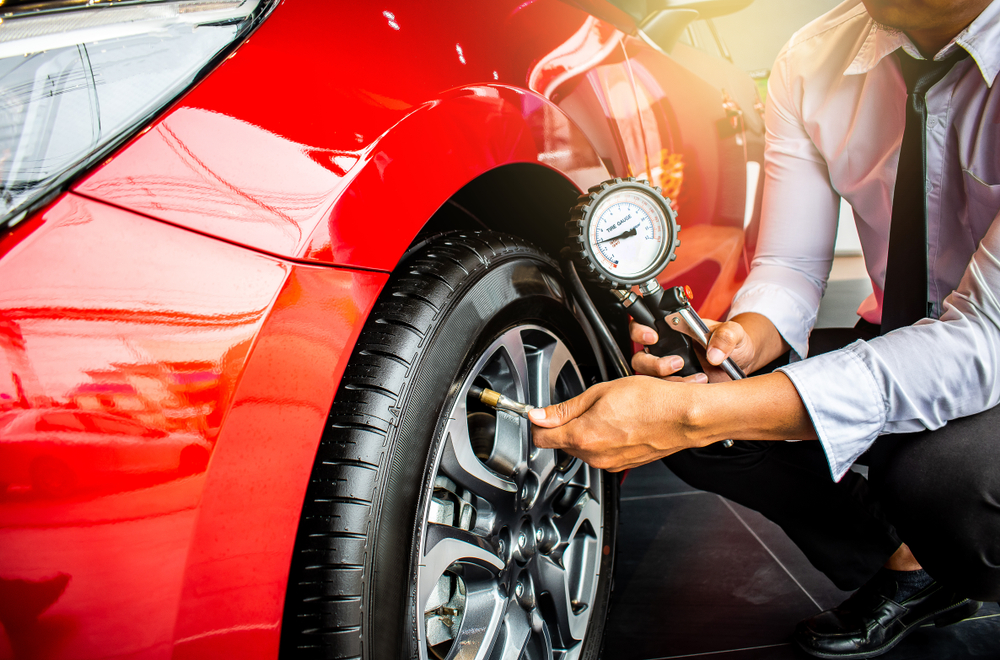
Maintaining proper tire pressure not only extends the life of your tires but also ensures better fuel efficiency. Tires that are under-inflated cause the engine to work harder, while over-inflated tires can lead to poor handling and uneven wear. Checking your tire pressure at least once a month is a simple task that can save you money in the long run.
Rotate Tires Regularly
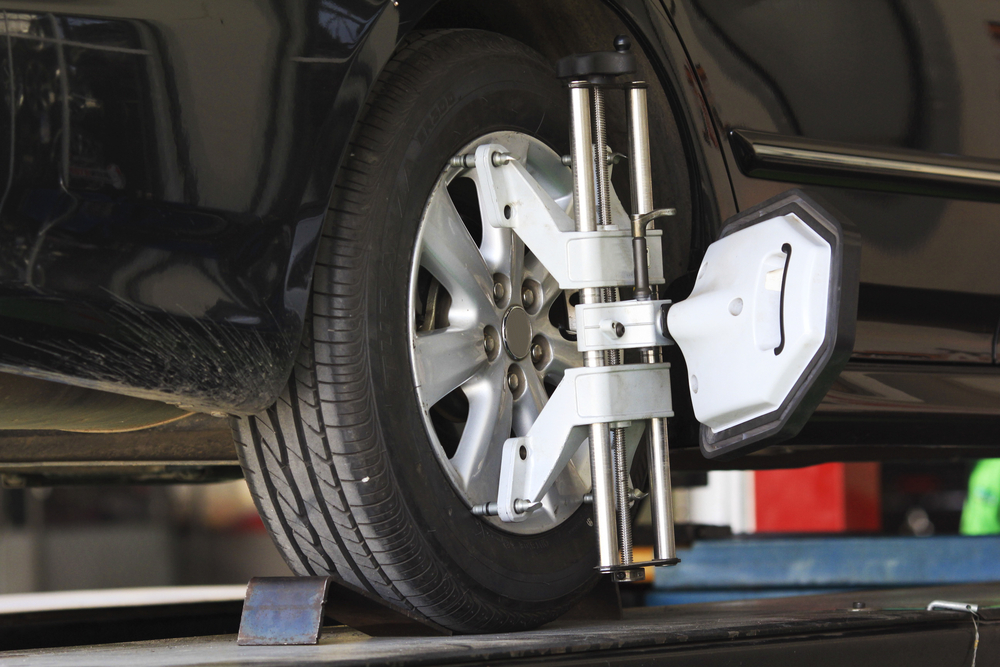
Rotating your tires ensures even wear and extends their lifespan. Front tires often wear down faster due to the extra stress from steering and braking. By rotating them every 6,000 to 8,000 miles, you distribute wear evenly across all four tires. This simple maintenance task not only improves handling but also helps prevent costly tire replacements down the road.
Replace Air Filters
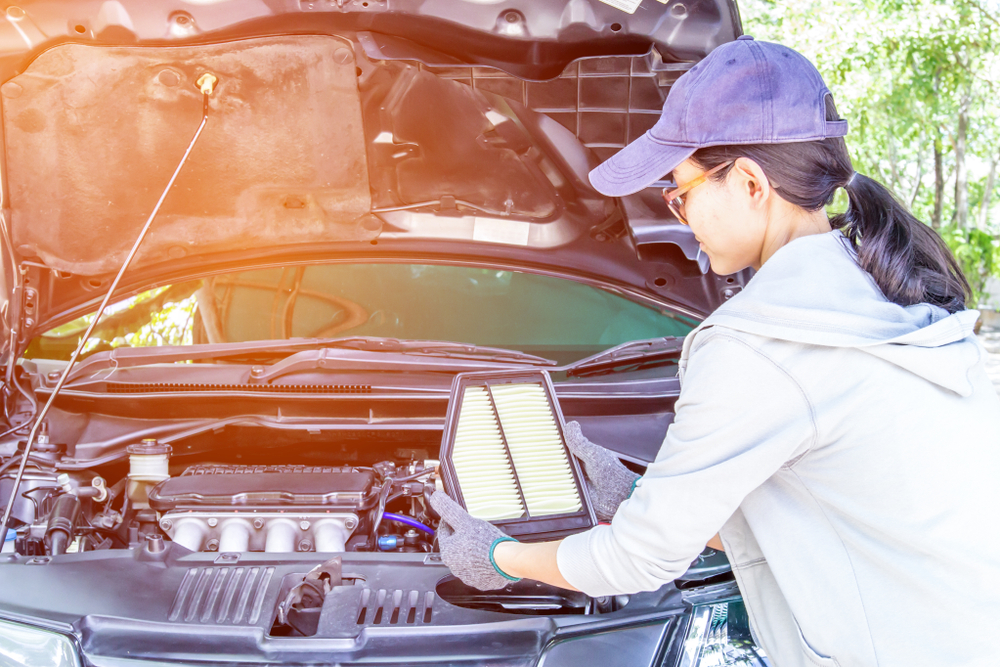
A clean air filter is vital for optimal engine performance. It prevents dirt and debris from entering the engine, which can reduce fuel efficiency and cause poor acceleration. Replacing your air filter every 12,000 to 15,000 miles keeps the engine breathing freely. This small maintenance step can improve gas mileage and ensure a smoother driving experience.
Keep Fluids Topped Off
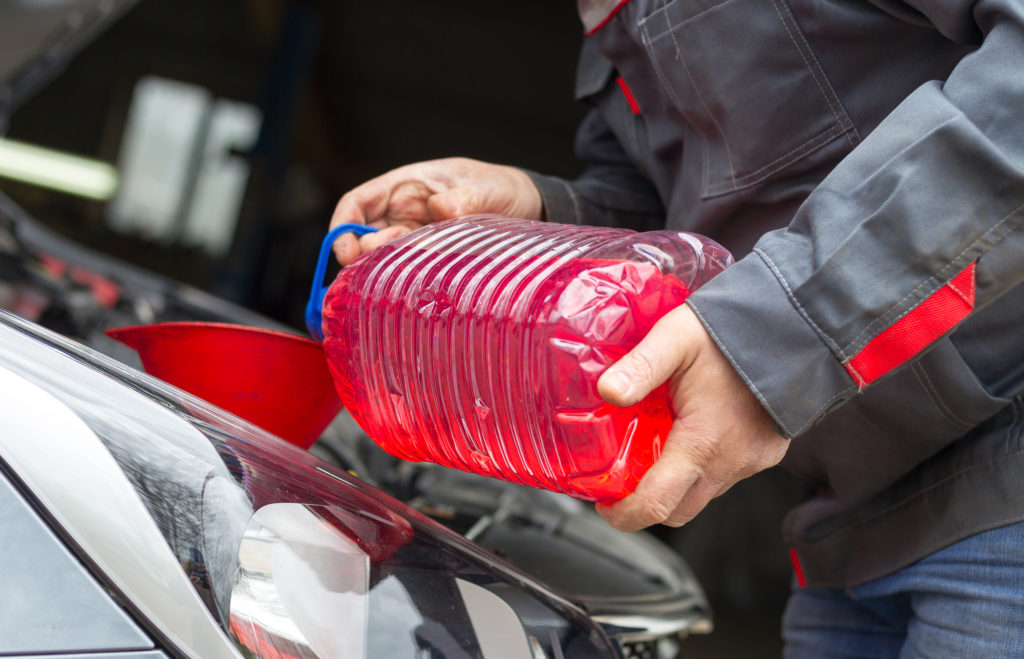
Various fluids, such as coolant, brake fluid, and transmission fluid, are essential for your car’s functionality. Low levels of any of these fluids can lead to system failures or costly repairs. Checking fluid levels regularly, and topping them off as needed, helps maintain proper vehicle operation. It’s a quick and easy task that keeps your car running efficiently.
Replace Spark Plugs When Needed

Spark plugs are responsible for igniting the air-fuel mixture in your engine. Worn-out spark plugs can lead to misfires, sluggish acceleration, and reduced fuel economy. Typically, spark plugs should be replaced every 30,000 to 100,000 miles, depending on the vehicle and type of plug. Keeping them in good condition ensures smooth starts and optimal engine performance.
Inspect Brakes Regularly
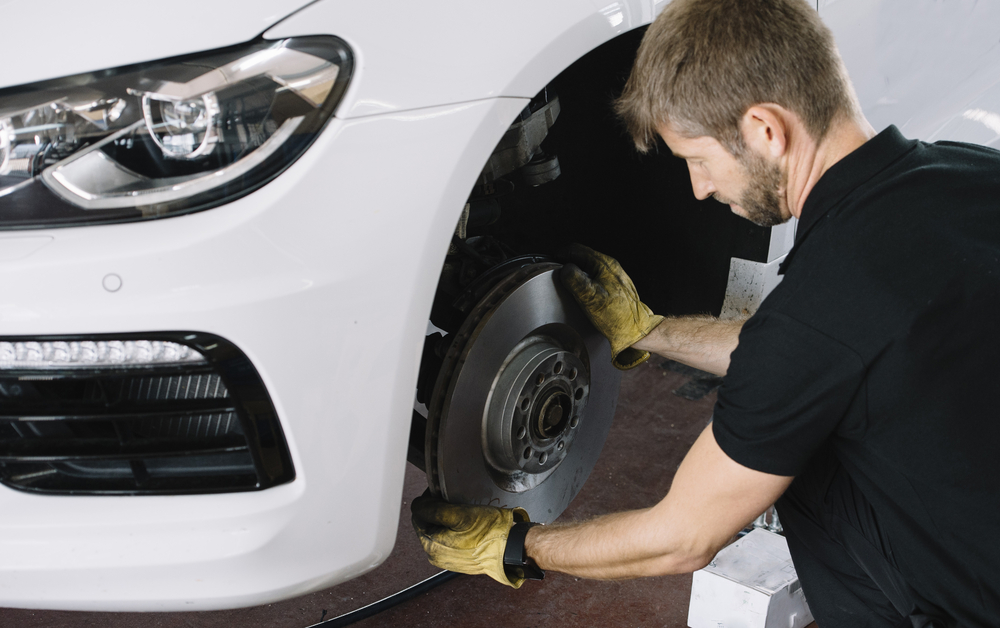
Your vehicle’s brakes are arguably the most important safety feature. Over time, brake pads wear down and need replacement to ensure your car stops effectively. Regular inspections, ideally twice a year, can help you avoid brake failures or damage to the rotors. If you notice any squealing, grinding, or a spongy brake pedal, it’s time for a checkup.
Align and Balance Wheels
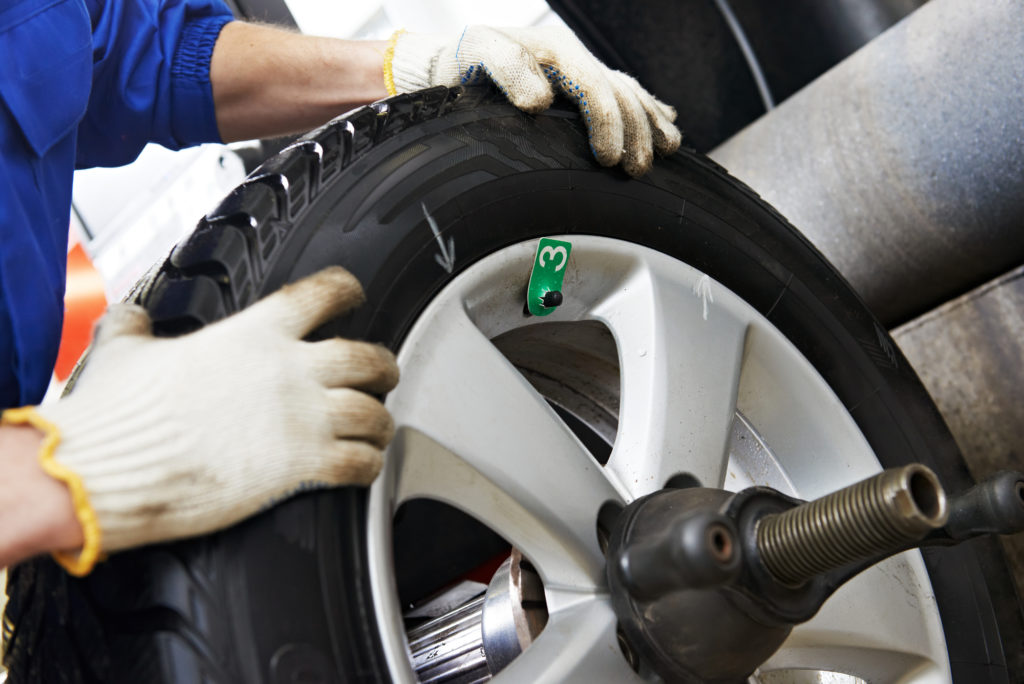
Unaligned or unbalanced wheels can cause uneven tire wear and poor handling. Regular alignment and balancing help keep your car stable, providing a smoother ride and extending tire life. If your car pulls to one side or you feel vibrations, it’s time to get your wheels checked. Proper wheel maintenance not only improves safety but also maximizes tire performance.
Clean Battery Terminals
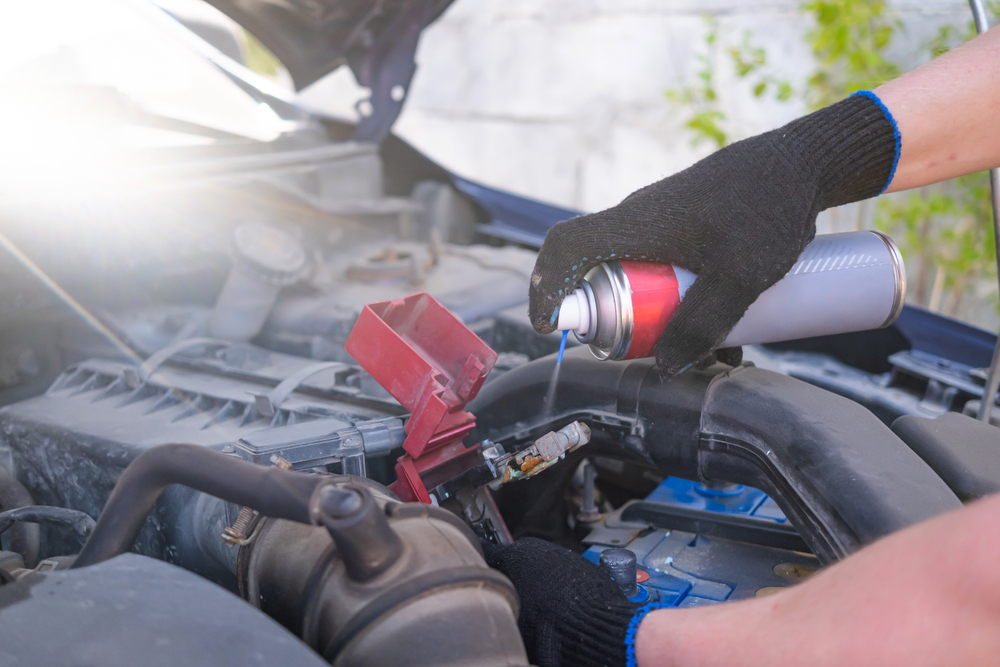
Corrosion on battery terminals can interrupt the electrical flow, leading to starting problems or poor battery performance. Regularly cleaning the terminals with a mixture of baking soda and water removes corrosion and ensures a strong electrical connection. Keeping your battery terminals clean prolongs battery life and prevents electrical issues. It’s a simple step that saves you from being stranded with a dead battery.
Replace Windshield Wipers
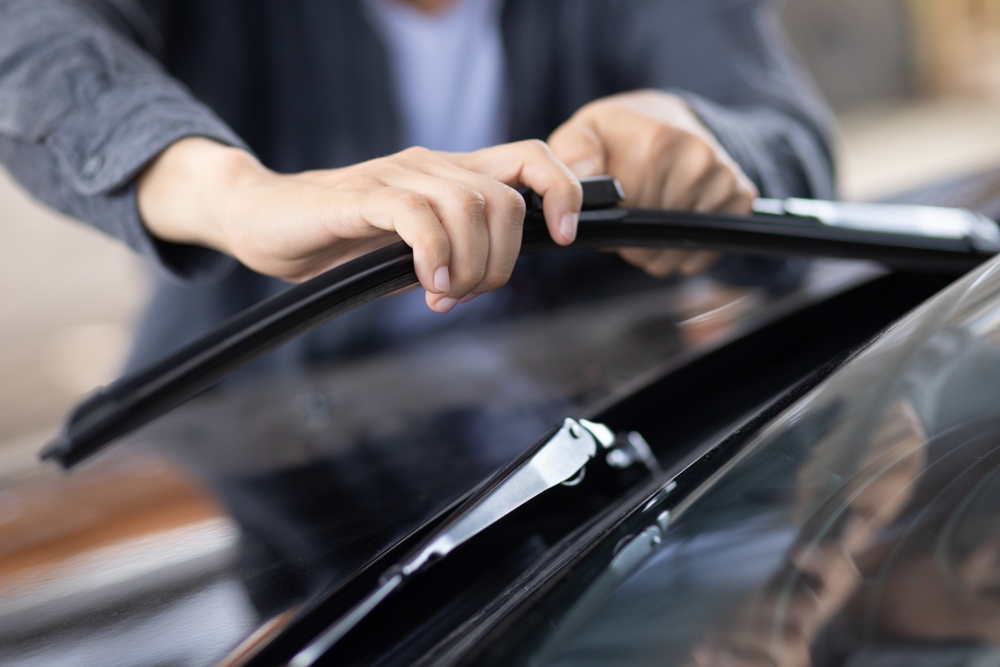
Windshield wipers are critical for maintaining visibility during inclement weather. Over time, wiper blades wear down, leaving streaks or missing spots on your windshield. Replacing them every 6 to 12 months ensures a clear view in rain, snow, or fog. Properly functioning wipers are a small but important part of staying safe on the road.
Change the Timing Belt
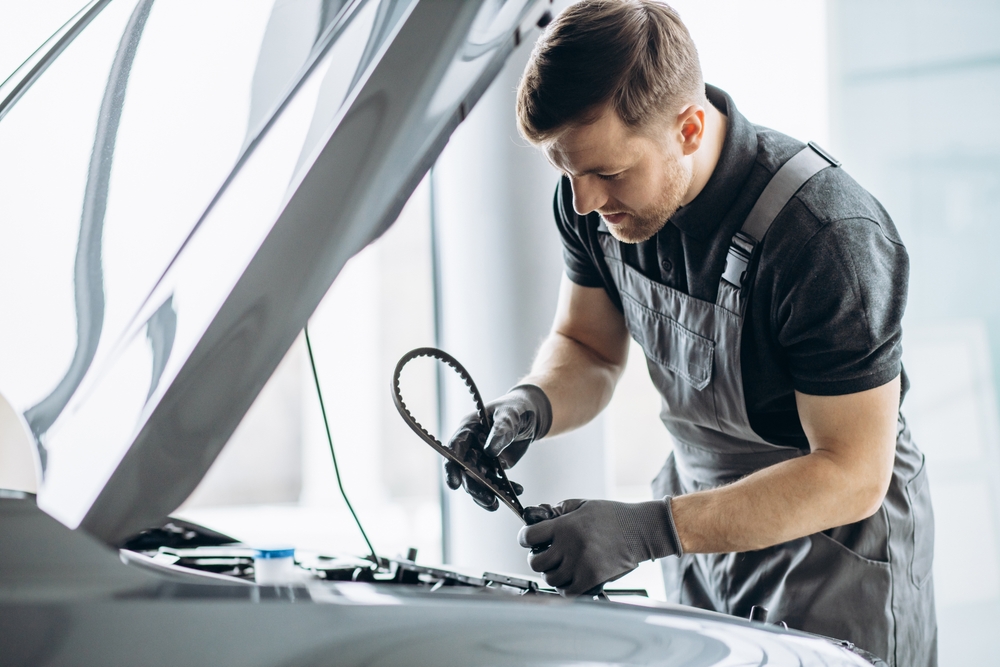
The timing belt plays a crucial role in synchronizing the engine’s components. If the belt snaps, it can cause severe engine damage and costly repairs. Replacing the timing belt every 60,000 to 100,000 miles, as recommended by the manufacturer, is a preventive measure that saves you from catastrophic engine failure. A new belt ensures that your engine operates smoothly and reliably.
Check Exhaust System
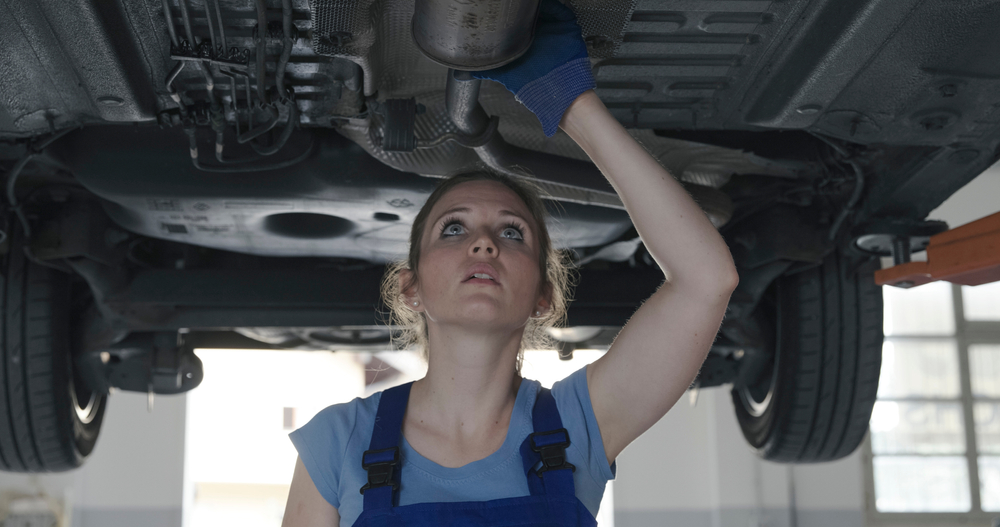
A well-functioning exhaust system is essential for keeping harmful gases away from the vehicle and reducing emissions. Exhaust leaks can lead to decreased fuel efficiency, louder noise, and potential exposure to dangerous fumes. It’s a good idea to inspect the exhaust system annually or if you notice any strange noises. Addressing exhaust issues promptly ensures both your safety and environmental compliance.
Replace Cabin Air Filters

The cabin air filter keeps the air inside your vehicle clean by filtering out dust, pollen, and pollutants. A dirty filter can reduce the efficiency of your heating and air conditioning system, leading to poor airflow. Replacing it every 15,000 to 25,000 miles will ensure clean air in the cabin and reduce strain on your HVAC system. A fresh cabin air filter promotes a healthier driving environment.
Inspect Belts and Hoses
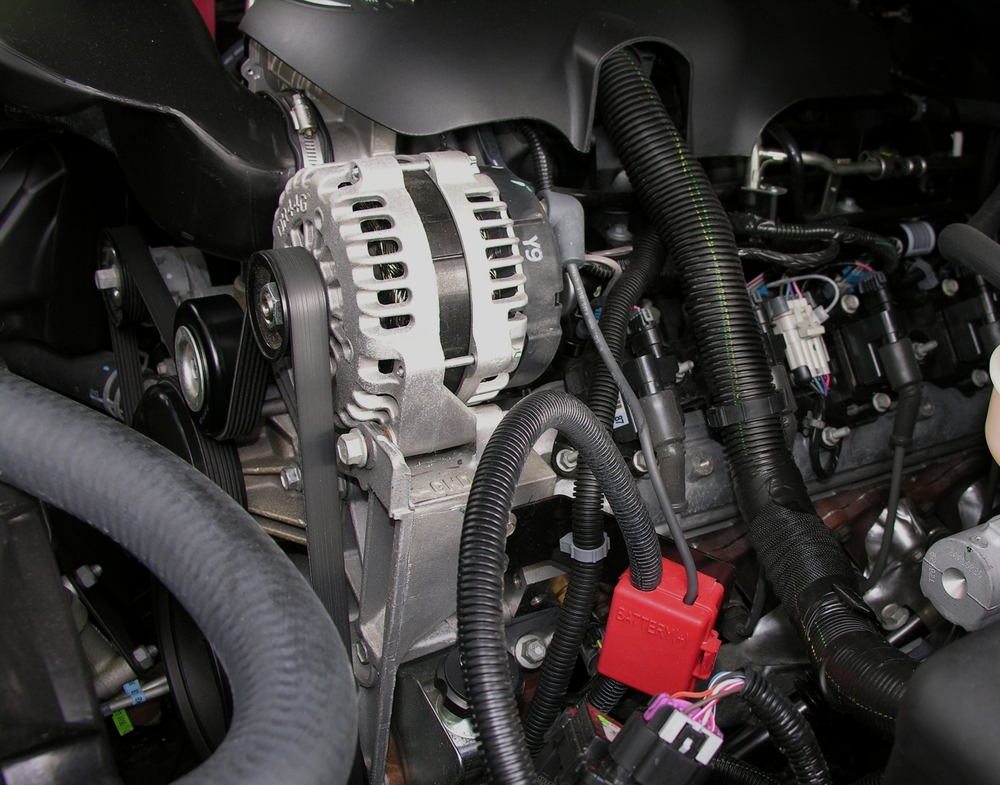
Belts and hoses are essential components of your car’s cooling, power steering, and electrical systems. Over time, they can wear out, crack, or become brittle, leading to breakdowns. Regularly inspecting them for signs of wear can prevent sudden failures. Replacing worn belts and hoses keeps your car running smoothly and reduces the risk of major repairs.
Maintain the Transmission
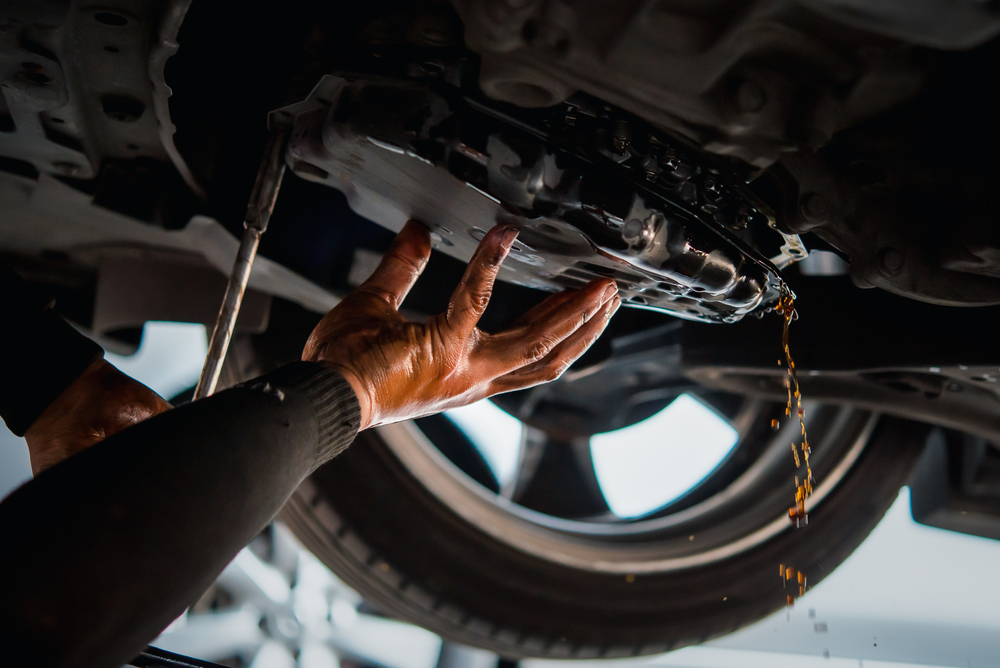
Transmission fluid is critical for keeping your car’s transmission system working properly. Over time, this fluid can degrade, leading to rough shifting, slipping gears, or even transmission failure. Most manufacturers recommend changing the fluid every 30,000 to 60,000 miles. Proper transmission maintenance ensures smooth shifting and prolongs the life of your car’s transmission.
Monitor the Cooling System
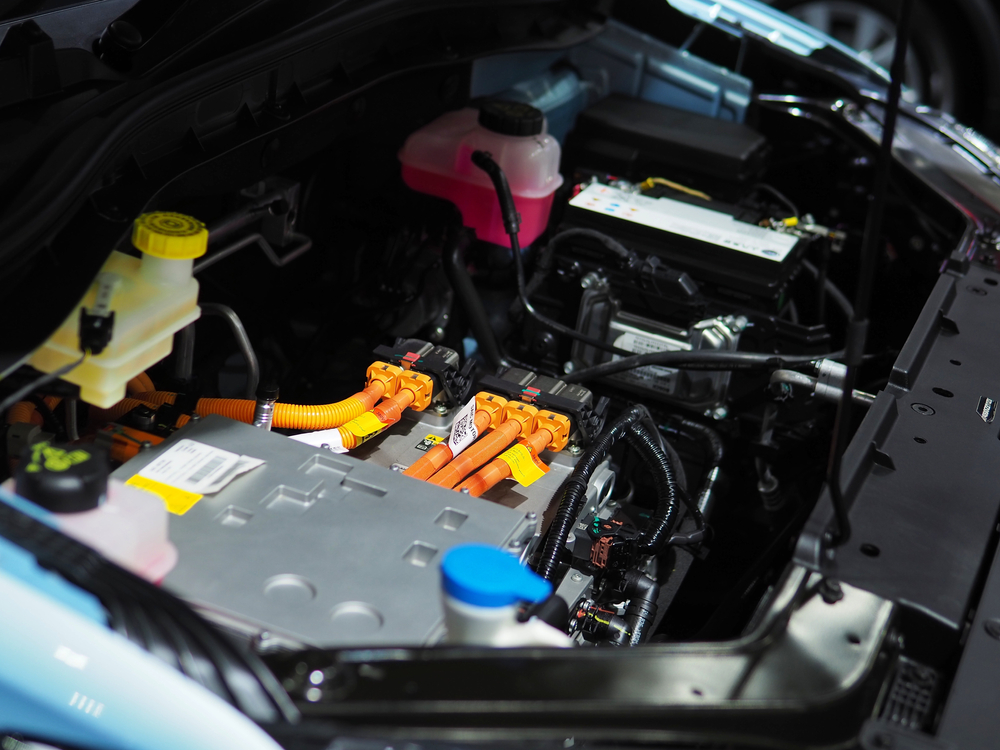
Your car’s cooling system prevents the engine from overheating by regulating temperature. A malfunctioning system can lead to engine damage or costly repairs. Regularly checking coolant levels and flushing the system every 30,000 miles ensures optimal engine temperature. Keeping the cooling system in top shape is key to preventing overheating and extending engine life.
Check and Maintain Lights
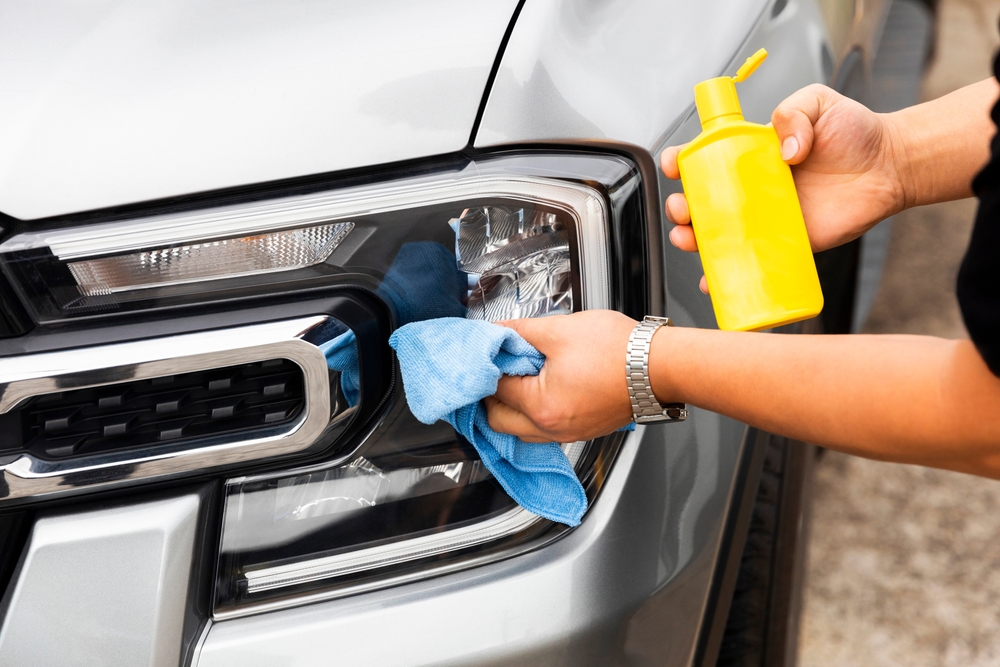
Properly functioning headlights, brake lights, and turn signals are essential for safe driving. A malfunctioning light can increase the risk of accidents, especially at night or in bad weather. Regularly inspect all lights and replace any burnt-out bulbs to ensure maximum visibility. Well-maintained lights not only keep you safe but also prevent traffic violations.
Keep Your Car Clean
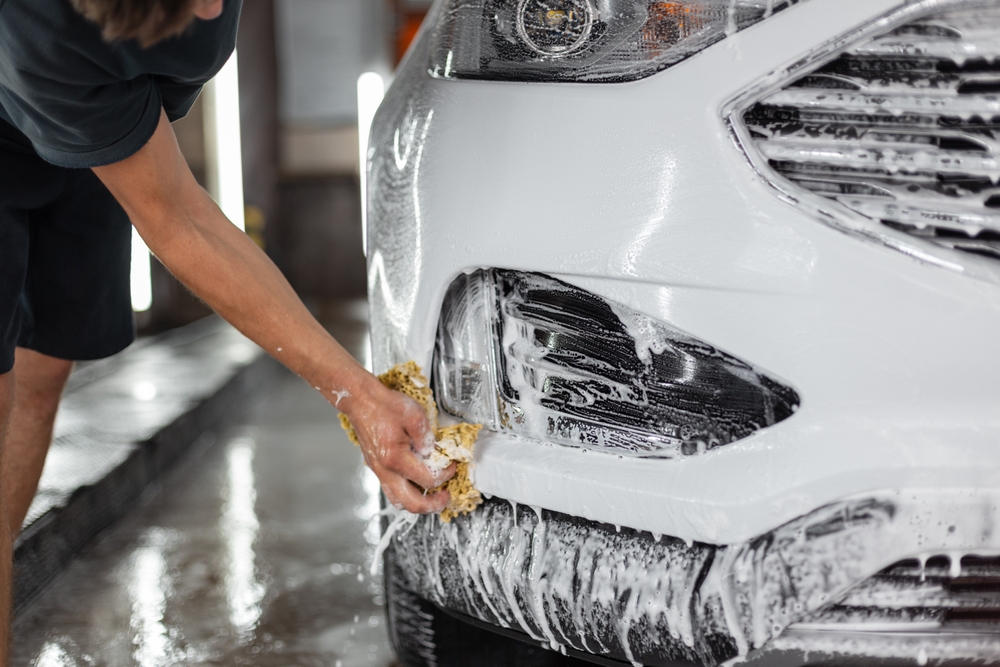
Regularly washing your car helps protect the paint and prevent rust from forming, especially in areas with road salt or harsh weather. Dirt, debris, and salt can eat away at your vehicle’s paint over time, leading to rust and corrosion. A clean car also maintains its resale value and ensures longevity. Don’t forget to clean the interior as well to preserve the upholstery and dashboard.
Inspect Suspension Components
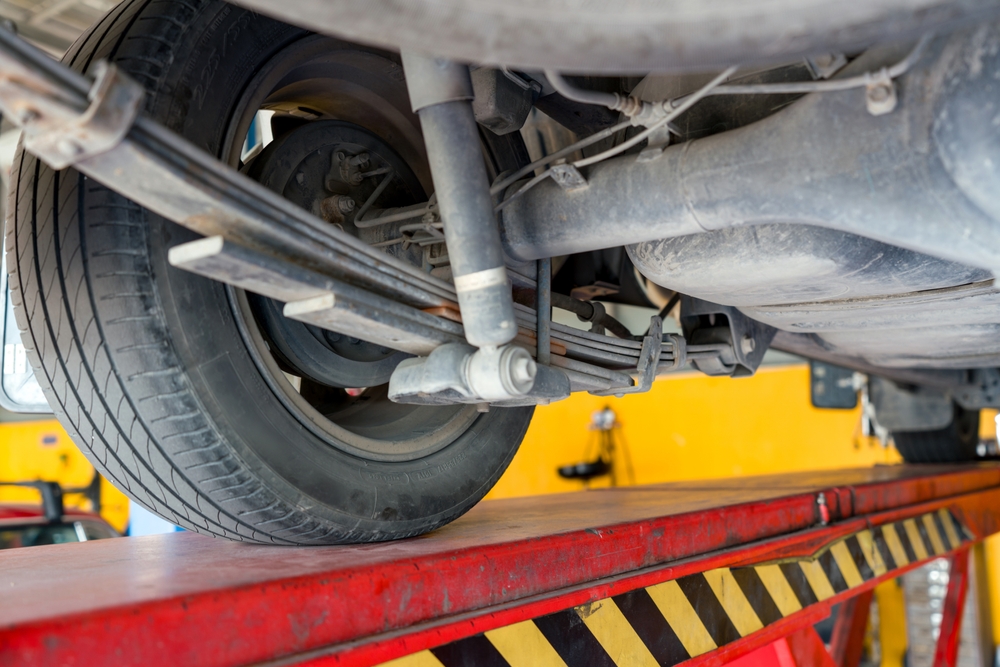
The suspension system, including shocks and struts, ensures a smooth ride and good handling. Worn-out suspension parts can lead to uncomfortable rides, poor control, and increased tire wear. Inspecting and replacing these components every 50,000 miles can help maintain comfort and safety. A well-maintained suspension keeps your vehicle stable, especially on rough terrain.
Keep a Regular Maintenance Schedule
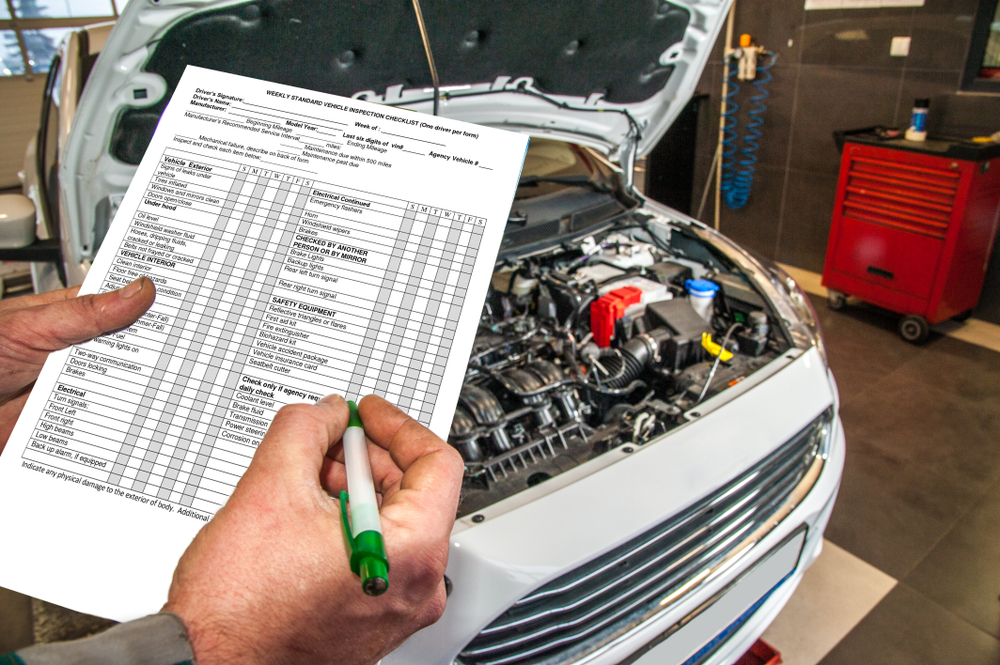
One of the best ways to keep your car running smoothly is by following the manufacturer’s recommended maintenance schedule. Regular check-ups and service appointments help catch small issues before they become major problems. This includes oil changes, tire rotations, and inspections for fluids, belts, and other components. Sticking to a schedule keeps your car performing optimally and extends its overall lifespan.
This article originally appeared in MyCarMakesNoise.
More from MyCarMakesNoise
The 16 Fastest Buell Motorcycles, Ranked by Top Speed
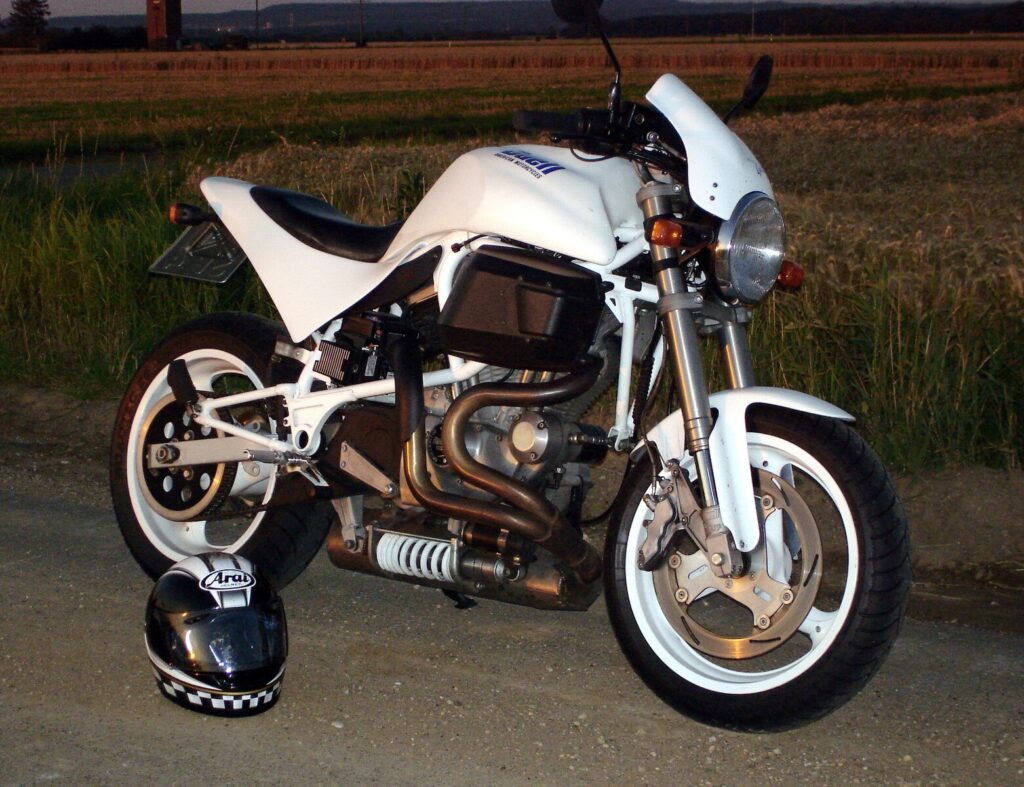
Buell motorcycles are renowned for their speed and performance, pushing the boundaries of engineering. From track-ready models to street bikes, these motorcycles have set impressive speed records. Read More.
20 Pilot-Approved Commercial Planes That Stand Out

Choosing the right commercial aircraft can make a significant difference in your flying experience. According to a veteran pilot, some planes stand out for their comfort, reliability, and performance. Read More.
13 Unforgettable Trucks from Classic TV Shows You Need to See

Television has given us countless iconic moments, but some of the most memorable involve classic trucks that became stars in their own right. From rugged workhorses to stylish cruisers, these vehicles played crucial roles in their respective shows, leaving a lasting impression on viewers.



